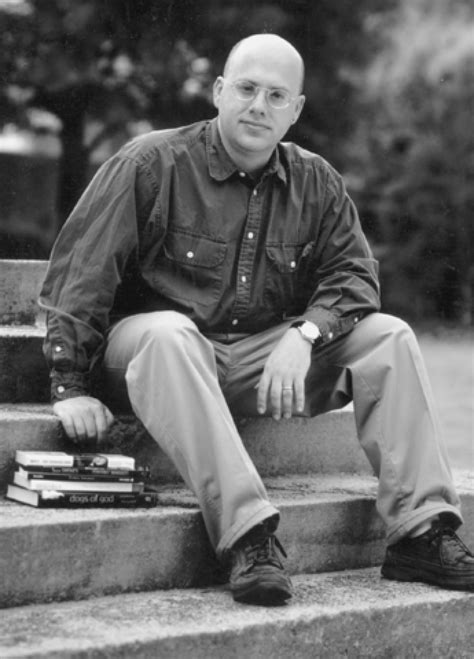A Quote by Georg C. Lichtenberg
The writer who cannot sometimes throw away a thought about which another man would have written dissertations, without worry whether or not the reader will find it, will never become a great writer.
Related Quotes
The most difficult part of writing a book is not devising a plot which will captivate the reader. It's not developing characters the reader will have strong feelings for or against. It is not finding a setting which will take the reader to a place he or she as never been. It is not the research, whether in fiction or non-fiction. The most difficult task facing a writer is to find the voice in which to tell the story.
Another sex worker and writer I respect put it this way: she said that as a writer, you're not about pleasing people, and as a sex worker it's all about pleasing people. It's all about creating this fantasy. I still feel like as a writer you actually do have put on a show. You can't just hand over your notes. And there is a degree to which you are appealing to the reader's vanity, whether you tell yourself you're doing that or not.
As soon as I start to write I'm very aware, I'm trying to be aware that a reader just might well pick up this poem, a stranger. So when I'm writing - and I think that this is important for all writers - I'm trying to be a writer and a reader back and forth. I write two lines or three lines. I will immediately stop and turn into a reader instead of a writer, and I'll read those lines as if I had never seen them before and as if I had never written them.
It is easier for the reader to judge, by a thousand times, than for the writer to invent. The writer must summon his Idea out of nowhere, and his characters out of nothing, and catch words as they fly, and nail them to the page. The reader has something to go by and somewhere to start from, given to him freely and with great generosity by the writer. And still the reader feels free to find fault.
It is only the basest writer who cannot speak of the sea without talking of "raging waves," "remorseless floods," "ravenous billows," etc.; and it is one of the signs of the highest power in a writer to check all such habits of thought, and to keep his eyes fixed firmly on the pure fact , out of which if any feeling comes to him or his reader, he knows it must be a true one.
But the writer who endures and keeps working will finally know that writing the book was something hard and glorious, for at the desk a writer must try to be free of prejudice, meanness of spirit, pettiness, and hatred; strive to be a better human being than the writer normally is, and to do this through concentration on a single word, and then another, and another. This is splendid work, as worthy and demanding as any, and the will and resilience to do it are good for the writer's soul.



































